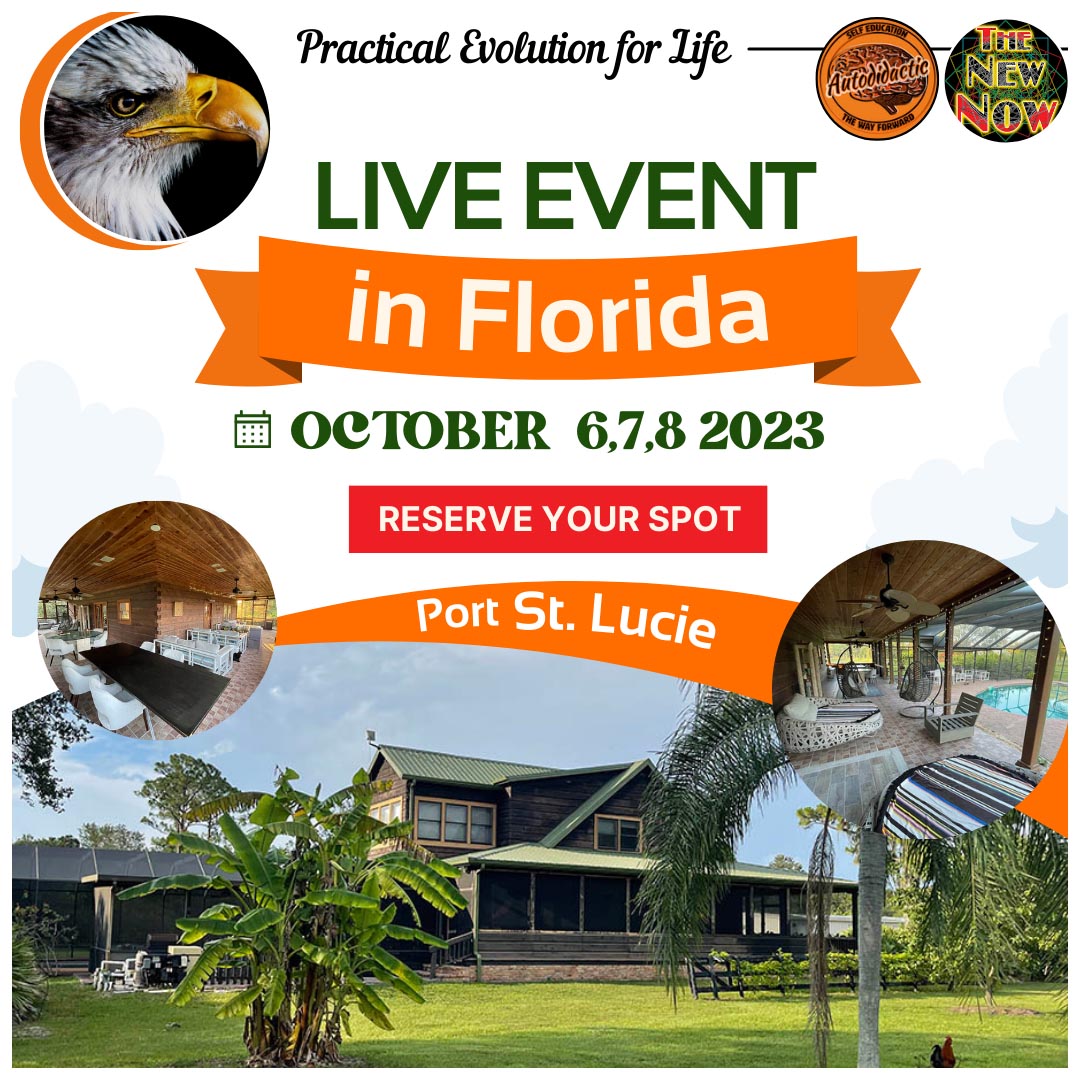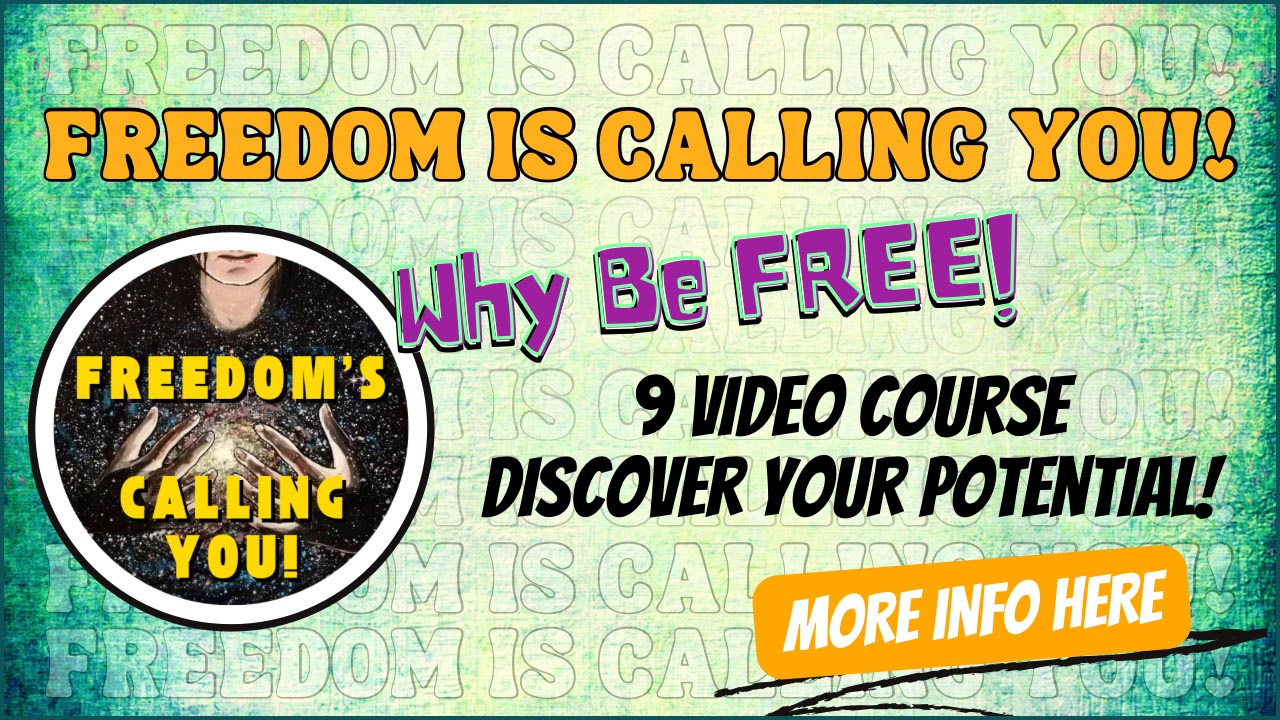www.self-inflictedphilosophy.com
The Art of Living Wide Rather Than Living Long
“It matters how well you lived, not how long. And often the “well” lies in not living long.” ~Seneca
What does it mean to live well? It means to live wide. To live fully, deeply, maximally. It means to cast the net of yourself wide despite the risks. It means digging down deep and discovering what makes you come alive. What triggers you? What astonishes you? What makes you yearn? What makes you squirm? What do you fear?
Living well is asking ego-smashing, soul-awakening questions, and then taking the answers gleaned, like precious seeds, and planting them in the soft loam of the world. It’s what James Baldwin called “the doom and glory of knowing who you are and what you are.”
What might pop up? Glory? Self-actualization? Perhaps. But more than likely: Ego Death or a dark night of the soul. Either way, living well is living wide, and so encompasses it all. Sometimes a broken compass can lead to greater adventures than a functional one. Then again, usually not.
But this is no reason to balk. This is no reason to turn to religion or nihilism or other escapist routes. Not at all. This is a reason to grab the cosmos by the throat. It’s a reason to challenge the gods. It’s a reason to sharpen your mettle.
Death should not be avoided at the expense of adventure; adventure should be embraced at the risk of death.
As Mark Twain said, “The fear of death follows from the fear of life. A man who lives fully is prepared to die at any time.”
In the spirit of living fully, here are five ways to live wide…
1.) Live immediately:
“The whole future lies in uncertainty: live immediately.” ~Seneca
What does it mean to live immediately? It means to fall in love with the moment. It means doing what makes you come alive now, not later. It means embracing the uncertainty that outflanks you and doing the damn thing anyway. Because what else is there? Comfort? Sloth? Procrastination?
When you’re living immediately, you’re fully engaged with cosmos. You are vulnerable, open, and honest with being a creature that doubts, yearns, and fears. But you let it in. You don’t deny it. You don’t repress it or project it. You embrace it. You own it. You take ahold of your mortal angst. You laugh into the abyss. You grab the halo that’s been culturally pinned over your head, and you force it down into the mortal coil that it always has been.
You get out in front of it. You spearhead it. You make the best of the short time you have. You are mortal? So be it! Live so fully that the immortal gods can’t help but weep with envy.
2.) Forget about your reputation:
“Run from what’s comfortable. Forget safety. Live where you fear to live. Destroy your reputation. Be notorious. I have tried prudent planning long enough. From now on I’ll be mad.” ~Rumi
Reputation has you trapped in a mask of yourself. It has you locked inside a comfort zone. It has you mirroring mediocrity.
Stop making things easy for yourself. How will you grow if you are too comfortable? How will you mature if you are not challenged? How will you become sharper if you are not tested?
Reputation is overrated. So are security and comfort, for that matter. There’s a wealth of wisdom in insecurity. Alan Watts wrote an entire book about it: The Wisdom of Insecurity. It’s okay to be insecure. It’s okay to be vulnerable. It’s okay to be paradoxical. For it is in these realms where you will be tested, challenged, and where you will learn how to grow out of mediocrity.
Get ahead of the curve. Become an outlaw. Rearrange the nightmare that surrounds you. Don’t follow power, learn how to turn the tables on power, even your own, so that power does not corrupt. Don’t kowtow to “the law,” or “that’s just the way it is,” or “everybody else is doing it.” Question it, despite the “rank and order” and outdated narrative that props it up. Have the courage to do what it takes to maintain truth, health, and freedom. Even if it’s unpopular. Even if it means shame, a loss of reputation, incarceration, or death.
As the graffito in Anacortes states, “When freedom is outlawed only outlaws will be free.”
3.) Leave the rat race:
“The word “courage” should be reserved to characterize the man or woman who leaves the infantile sanctuary of the mass mind.” ~Sam Keen
Diminish the programming of the codependent ego so that you can tune into the broadcast of the interdependent whole. There’s an entire world out there. Outside the chaos of the disconnected man-machine, there is an interconnected order keeping everything together. It’s time to marry yourself to that order.
Choose exhilaration over comfort. Grab the bull by the horns and force it to guide you in the direction you want, even at the risk of being dragged or tossed or even trampled. Jump the line that everybody else is toeing. Take risks that will make all the rats still caught up in the rate race cringe. Double-dog-dare yourself to escape the doghouse of a sick society. Gamble with your life on your own terms. Tyler Durden is whispering in your ear, “Let the chips fall where they may.”
Seek solitude and meditation. Turn away from the grind before it grinds you into a postmodern pulp. Un-cog yourself from the clockwork before it kills your precious time. Overcome the default setting. Recondition your cultural conditioning. Trick yourself into going on a Hero’s Journey that will broaden your life more than almost any singular task.
Face the chaos on your own terms. The Hero’s Journey is a whetstone. It’s a way of sharpening your character. It’s a way of strengthening the muscle of the soul.
As Joseph Campbell wisely surmised, “The modern hero must not wait for his community to cast off its slough of pride, fear, rationalized avarice, and sanctified misunderstanding. ‘Live,’ Nietzsche says, ‘as though the day were here.’”
4.) Wreck yourself against infinity:
“I want to keep smashing myself until I am whole.” ~Elias Canetti
Infinity is the teacher. You are the student. You want to live wide? Be teachable. Be adaptable. Let infinity drag you kicking and screaming into the pain of higher knowledge (interconnected faith) lest the bliss of ignorance keep you trapped in lower knowledge (disconnected belief).
Be a drop in the cosmic ocean that mirrors the interconnectedness of all things. Realize that you may be a speck in the universe, but you are also the entire universe in a speck. The soul with which infinity feels you is the same soul with which you feel infinity.
Use infinity as a form of humility. Use it to crush your false gods and erect God—the infinite God that trumps all your petty religions, politics, and cultural conditioning. The God that subsumes all things, light or dark.
Use it to find your shadow. In the wake of infinity, you are a fallible, imperfect, and mistaken being. And that’s okay. Embrace it. Honor it. And then integrate it like you would your shadow. Humble yourself in the wreckage of being a mortal broken against the idea of immortality, but then gather your brokenness and piece it together into wholeness.
Collect your darkness and transform it into a beacon that pierces through all the false light. As Edward Abbey said, “You can’t study the darkness by flooding it with light.” Reciprocally, assemble your humility into a force of nature, a rebellion against absurdity. Then “rage, rage against the dying of the light.”
Learn how to live well by learning how to die well. Understand: in the tug-o-war between life and death, you are not on either side. You are the rope! You are the one being tugged. You are both alive and dying. Living well is dying well, and vice versa. Life is a journey; death is a compass. Live well by being flexible, robust, and balanced. Die well by being fearless, courageous, and heroic.
5.) Transcend it all through radical Humor:
“We need a new cosmology. New gods. New sacrament. Another drink.” ~Pattie Smith
High humor connects the finite with the infinite. It forces the mortal head over the immortal abyss. Where you are faced with a terrible choice: cringe with self-seriousness, invulnerability, and angst or defy it with authenticity, vulnerability, and lightheartedness. The choice will define your life.
Choosing humor rather than fear keeps power in check. It checks all power. In fact, the only thing that can trump the will to power is the will to humor. High humor is a way of keeping the will to humor ahead of the will to power.
High humor subsumes all other virtues. It radicalizes courage, moderation, wisdom, justice, creativity, and honor. It creates a sense of infinite play in the midst of mortal seriousness. It infuses life with boldness, authenticity, presence, joy, and passion. Armed with the vulnerable armor of high humor, you become open, hungry, daring.
Through such fearlessness, you are free to experiment. You are free to transform tragedy into teacher, wounds into wisdom, longing into laughter. Because then you realize that life itself is but a grand experiment and you are merely the experimenter. You are the mad scientist, and your life is your crazy invention. You are a full-frontal alchemist, transmuting all energy, whether positive or negative, into fuel to fly higher while transforming all weapons formed against you into a force that works for you rather than against you.
High humor is living wide. It puts the fleetingness of life into hyper perspective. It’s vulnerable yet voracious, primal yet provident. It’s unforgiving in its pursuit of levity. It’s the animal of your highest appetite feeding on the absurdity of the cosmic joke while widening the mark. It transforms your inner animal into a God, your inner God back into an animal. It does this again and again, laughing at the fragility of the human condition while thumbing its nose at the abyss. It’s a Phoenix smoking the pipe of its own ashes.
As R.A. Lafferty declared, “The law of levity is allowed to supersede the law of gravity.” And so it does.
Image source:
The White Darkness by The New Yorker (Henry Worsley)
About the Author:
Gary Z McGee, a former Navy Intelligence Specialist turned philosopher, is the author of Birthday Suit of God and The Looking Glass Man. His works are inspired by the great philosophers of the ages and his wide-awake view of the modern world.
This article (The Art of Living Wide Rather Than Living Long) was originally created and published by Self-inflicted Philosophy and is printed here under a Creative Commons license with attribution to Gary Z McGee and self-inflictedphilosophy.com. It may be re-posted freely with proper attribution, author bio, and this statement of copyright.















